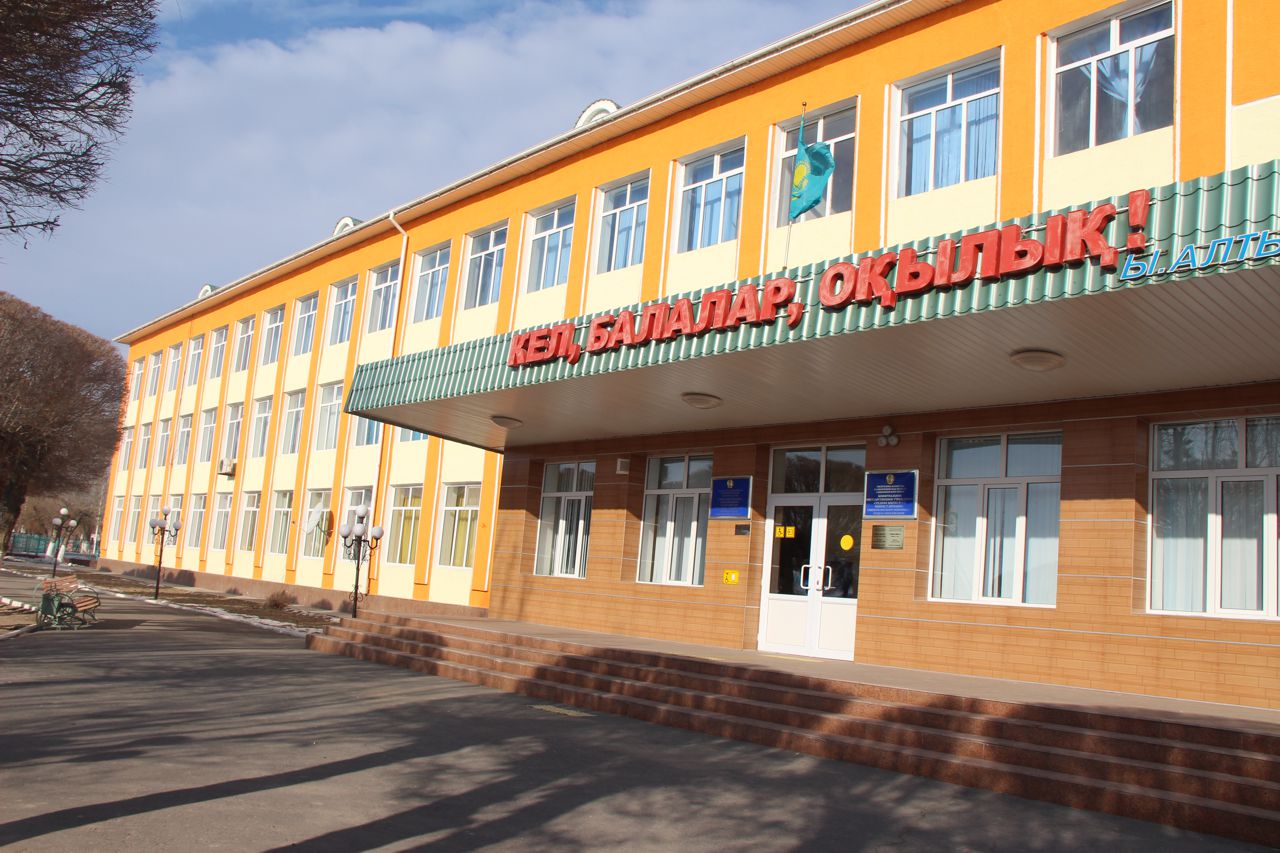In this part of Digest 17 we will share main findings from the Rural School project

Источник: https://bilimdinews.kz/?p=86179
In January 2020 Nazarbayev Intellectual Schools together with akimats of 6 oblasts of the Republic of Kazakhstan initiated the Rural School project. As part of this project, an analysis of the infrastructure and resources of rural schools was carried out along with a research to monitor various aspects of their activities. For that purpose, Research Department developed a research methodology identifying 6 categories of respondents: teachers, students, parents, school board members, and school management team.
Research Aim and Objectives
The purpose of the study was to understand the strengths and weaknesses, as well as the needs of schools for the subsequent development of recommendations on improving the quality of education.
Thus, the main objective was to identify the strengths and weaknesses of schools in three main areas:
- Teaching and training
- School climate
- School infrastructure.
Research Methodology
A mixed method was chosen for this research project. Compared to using only quantitative or qualitative method, the mixed method provides a more complete and more complex picture for studying the chosen research focus.
Thus, qualitative method of data collection included classroom observations, focus groups (with teachers, parents, members of the PS) and interviews with school principals. As part of the quantitative method Research Department also conducted a survey of teachers, students (grades 8-11), parents, members of the school board and school administration.
This study was inextricably linked with the analysis of school infrastructure (its material and technical condition and equipment, provision of educational resources) and an analysis of student performance and the quality of teachers performed by the rest of the team.
Thus, the data obtained allowed us to analyze the gaps in school performance and quality of knowledge identified in schools more deeply, and assess the level of cooperation and interaction in the school, along with the involvement of parents in the educational process. Following this analysis, we have identified the main factors influencing quality of learning and students’ academic performance.
The results of the study allowed us to more deeply analyze the reasons for the gaps in school performance and quality of knowledge identified in schools, to assess the level of cooperation and interaction in the school, and the involvement of parents in the educational process.
Based on the results of the analysis, the main factors affecting the quality of knowledge and student performance were identified.
Key Research Findings
- The quality of knowledge over the past 4 years in all schools studied shows is consistently low,and is notably decreasing with the transition from primary to secondary school.
- Most teachers experience difficulties conducting formative and summative assessments, setting goals for the lesson.
- Experts who observed the lessons noted the lack of differentiated work in the classroom. Teachers mainly do not use productive activities that would help develop students’ critical thinking, ability to apply knowledge and skills in real-life context.
- In all schools, there is a favorable atmosphere for learning and cooperation, a high level of evaluation of the school’s activities on the part of parents and students.
- Still, the deficit of quality extra-curricular education is obvious – every fourth parent evaluates it as “satisfactory” or “very bad”.
- Another troubling finding is students’ insufficient awareness regarding their possible prospects for higher education and employment. The survey results showed that the students’ career choice of students is very limited, and indicates their low expectations.
- Teachers associate possible failure to achieve educational goals with a lack of equipment or training materials. However, there are problems whose solution depends only on the professional skills of the teacher and his willingness to develop. First of all, this concerns the advanced training of teachers in terms of teaching methods, organization of activities and work with poorly performing students.
Further School Support
Having considered the data collected and the complex analysis, the AEO has developed recommendations and suggestions for schools and local authorities in the following key areas:
- Strengthening the infrastructure of schools and the educational environment;
- Step-by-step methodological support for teachers;
- Conducting quality monitoring of school activities;
- Phased development of strong and weak schools in the region;
- Introduction of motivation system for schools, the public, teachers, students;
- Enhancing the quality and cooperation of school and local community;
- Improving student well-being.
Currently this project is being expanded to cover several other regions of Kazakhstan, which is an unprecedented experience both for AEO as a whole and for Research Department. It is clear that the work conducted under this project is going to have clear implications for the teaching and learning in the selected schools.

